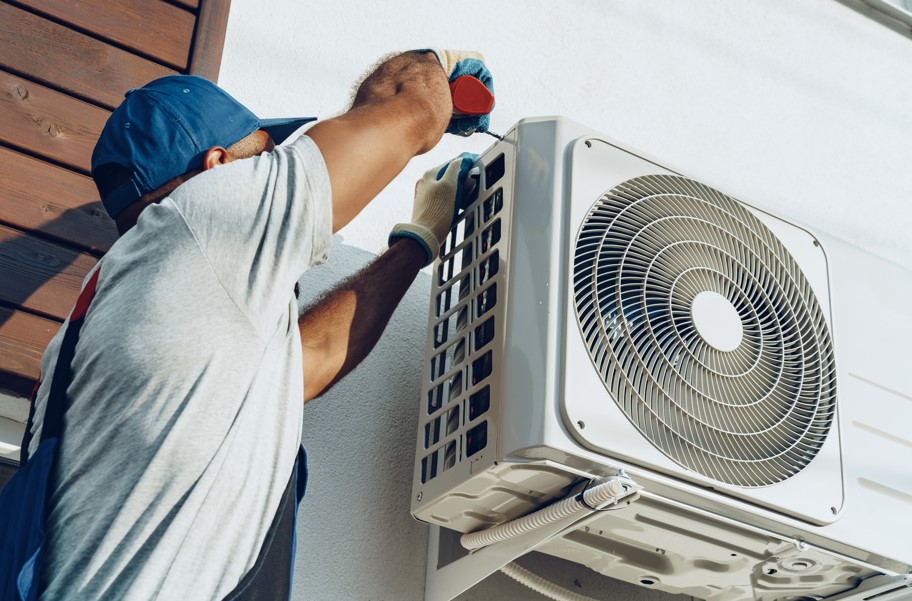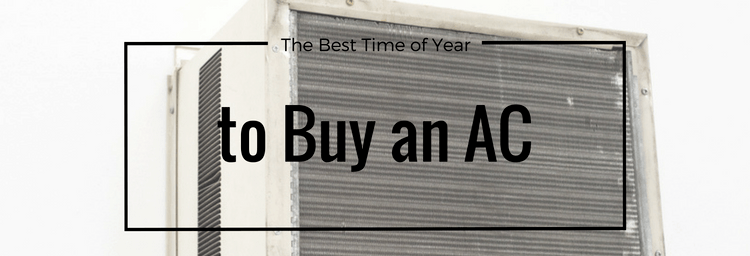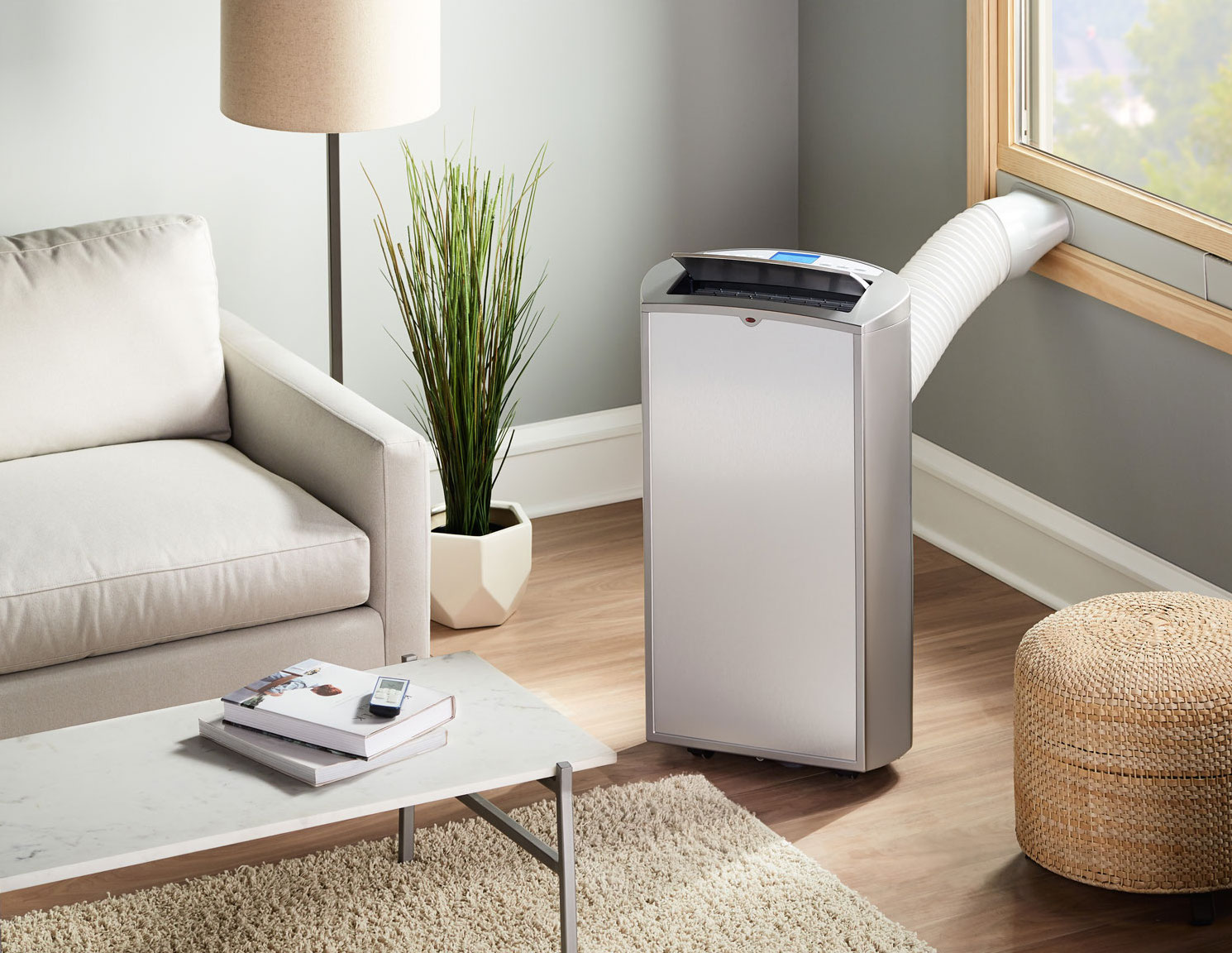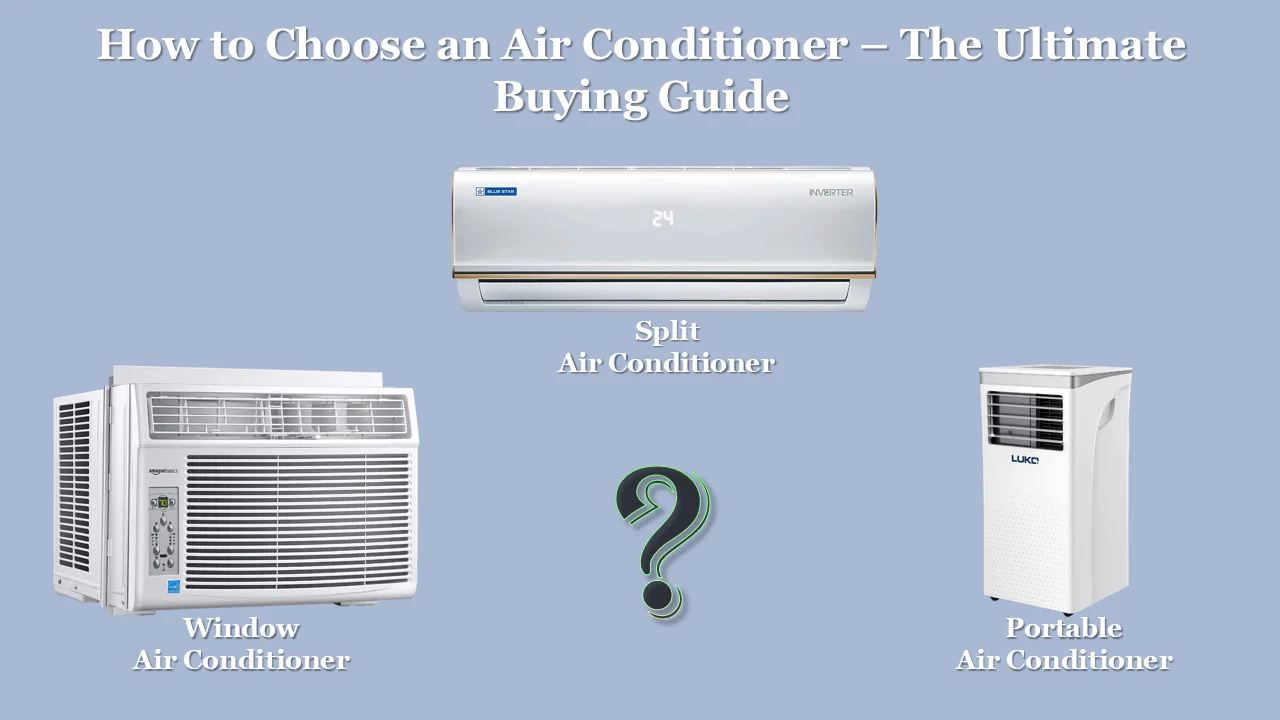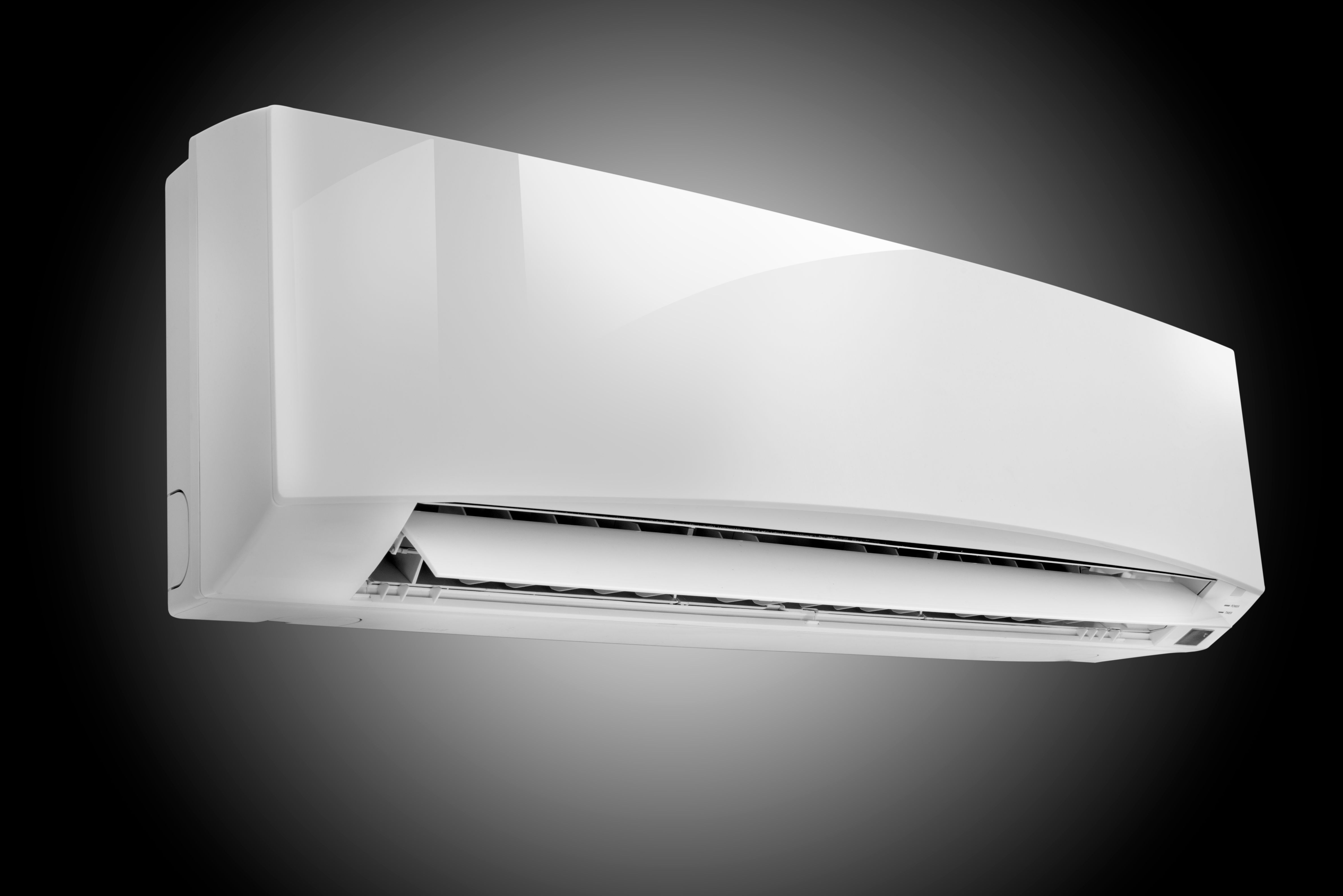Best Time Of Year To Buy Air Conditioner

Navigating the HVAC world requires understanding market dynamics. One crucial aspect is knowing the optimal time to purchase an air conditioner, impacting both consumers and HVAC professionals. For students, apprentices, seasoned technicians, and employers alike, timing AC purchases can translate to cost savings, increased sales, and efficient workforce management. This article explores the best time of year to buy an air conditioner, factoring in industry trends, career implications, and essential certifications.
Seasonal Demand and Pricing Fluctuations
The HVAC market experiences significant seasonal swings. Air conditioner demand peaks during the hot summer months (June-August in many regions), leading to higher prices and potential installation delays. Conversely, demand typically dips during the shoulder seasons – spring (March-May) and fall (September-November) – and reaches its lowest point in winter (December-February). Understanding these cycles is key to making informed purchasing decisions.
Spring and Fall: The Sweet Spot for Savings
Spring and fall generally offer the best opportunities to buy an air conditioner. Retailers and manufacturers often offer discounts and promotions to stimulate sales during these periods. This is because they are trying to clear out inventory to make room for new models or simply to maintain cash flow during slower periods. From a consumer perspective, cooler weather also reduces the urgency associated with AC replacement, allowing more time for research and negotiation.
Consider this real-world example: A homeowner in Atlanta, Georgia, decided to replace their aging AC unit in late March. By taking advantage of a spring promotion, they saved 15% on the unit and secured a faster installation appointment compared to waiting until July. This translates to tangible cost savings and minimizes discomfort.
Winter: Potential for Deep Discounts, but with Caveats
Winter often presents the lowest prices on air conditioners. However, purchasing during winter requires careful consideration. First, the demand for installation services is typically lower, which can lead to longer lead times for scheduling if HVAC companies are short-staffed or focusing on heating system repairs. Second, it might be challenging to test the new AC unit thoroughly if the weather is consistently cold. Despite these caveats, winter can be a strategic time to buy for those willing to plan ahead and exercise patience.
Impact on HVAC Professionals and Employers
The seasonality of AC sales directly impacts HVAC professionals and employers. Understanding these trends allows for strategic workforce planning and marketing efforts.
For HVAC Technicians: Career Opportunities and Certifications
For HVAC technicians, the peak season (summer) means increased job opportunities and potential for overtime. However, it also demands efficiency, skill, and up-to-date knowledge of the latest AC technologies. Holding relevant certifications can significantly boost earning potential and career advancement.
Key certifications include:
- NATE (North American Technician Excellence): NATE certification demonstrates competency in HVAC installation, service, and repair. Achieving NATE certification can lead to higher pay and increased job security. NATE offers various certifications including installation, service, and senior levels.
- EPA Section 608 Certification: Required by law for technicians who handle refrigerants. This certification ensures proper handling and disposal of refrigerants to protect the environment. EPA 608 certification is essential for any technician working with AC systems.
- Manufacturer-Specific Certifications: Many manufacturers offer training and certification programs for their specific equipment. These certifications can provide a competitive edge and enhance troubleshooting skills.
According to the Bureau of Labor Statistics, the median annual wage for HVAC technicians was $51,390 in May 2021. The job outlook for HVAC technicians is projected to grow 5% from 2021 to 2031, about as fast as the average for all occupations. However, those with specialized skills and certifications can command higher salaries. Experienced technicians with NATE certification can earn upwards of $70,000 or more annually, particularly in regions with high demand and a shortage of skilled labor.
Consider the career path of a recent HVAC graduate. After completing an apprenticeship and obtaining their EPA 608 certification, they joined a local HVAC company. By pursuing NATE certification and manufacturer-specific training, they quickly gained expertise and became a lead technician within a few years. This demonstrates the value of continuous learning and professional development.
For HVAC Employers: Workforce Management and Marketing Strategies
HVAC employers must anticipate seasonal demand fluctuations to effectively manage their workforce and marketing efforts. During peak season, it's crucial to have adequate staffing levels to meet customer demand and avoid delays. This may involve hiring temporary workers or offering overtime to existing employees.
Strategic marketing campaigns can also help to smooth out seasonal variations in demand. For example, offering preventative maintenance services during the shoulder seasons can generate revenue and keep technicians busy during slower periods. Promoting energy-efficient AC upgrades in the spring can also attract customers looking to save on their summer cooling bills.
Investing in employee training and certification programs is also essential for attracting and retaining skilled workers. By offering competitive wages and benefits, and providing opportunities for professional development, HVAC companies can build a strong and loyal workforce.
Factors Beyond Seasonality
While seasonality is a major factor, other considerations can influence the best time to buy an air conditioner:
- Technological Advancements: New AC technologies are constantly emerging, offering improved energy efficiency, smart features, and enhanced performance. Waiting for the latest models can result in significant energy savings and increased comfort.
- Government Incentives and Rebates: Many governments and utility companies offer incentives and rebates for purchasing energy-efficient AC units. These incentives can significantly reduce the upfront cost of a new AC system. Research local programs and take advantage of available savings.
- Emergency Replacement: If an existing AC unit fails unexpectedly during peak season, the timing of the purchase may be dictated by necessity rather than optimal pricing. In such cases, prioritize finding a reputable HVAC contractor who can provide prompt and reliable service.
- Economic Conditions: Broader economic conditions, such as interest rates and inflation, can also impact AC prices and financing options. Stay informed about economic trends and their potential effects on the HVAC market.
Making the Informed Decision
Determining the best time to buy an air conditioner involves a multifaceted approach. Consider the following steps:
- Assess Your Needs: Determine the appropriate AC size and features based on your home's square footage, insulation, and climate.
- Research Different Brands and Models: Compare energy efficiency ratings (SEER), features, and warranty options from various manufacturers.
- Obtain Multiple Quotes: Get quotes from several HVAC contractors to compare pricing and installation costs.
- Check for Rebates and Incentives: Research available rebates and incentives from government agencies and utility companies.
- Monitor Seasonal Pricing Trends: Track AC prices throughout the year to identify potential buying opportunities during the shoulder seasons or winter.
- Consider Long-Term Costs: Factor in energy savings and maintenance costs when evaluating different AC options.
Conclusion
The best time of year to buy an air conditioner is typically during the spring or fall, when demand is lower and retailers offer discounts and promotions. However, winter can also present opportunities for deep discounts, provided you plan ahead and are willing to wait for installation. For HVAC professionals and employers, understanding these seasonal trends is crucial for workforce management, marketing strategies, and career advancement. By staying informed about market dynamics, technological advancements, and certification requirements, both consumers and industry professionals can make informed decisions that optimize cost savings, efficiency, and long-term success in the ever-evolving HVAC landscape. Continuous professional development, especially earning NATE certification and staying current with EPA 608 regulations, will make HVAC technicians more valuable assets.

